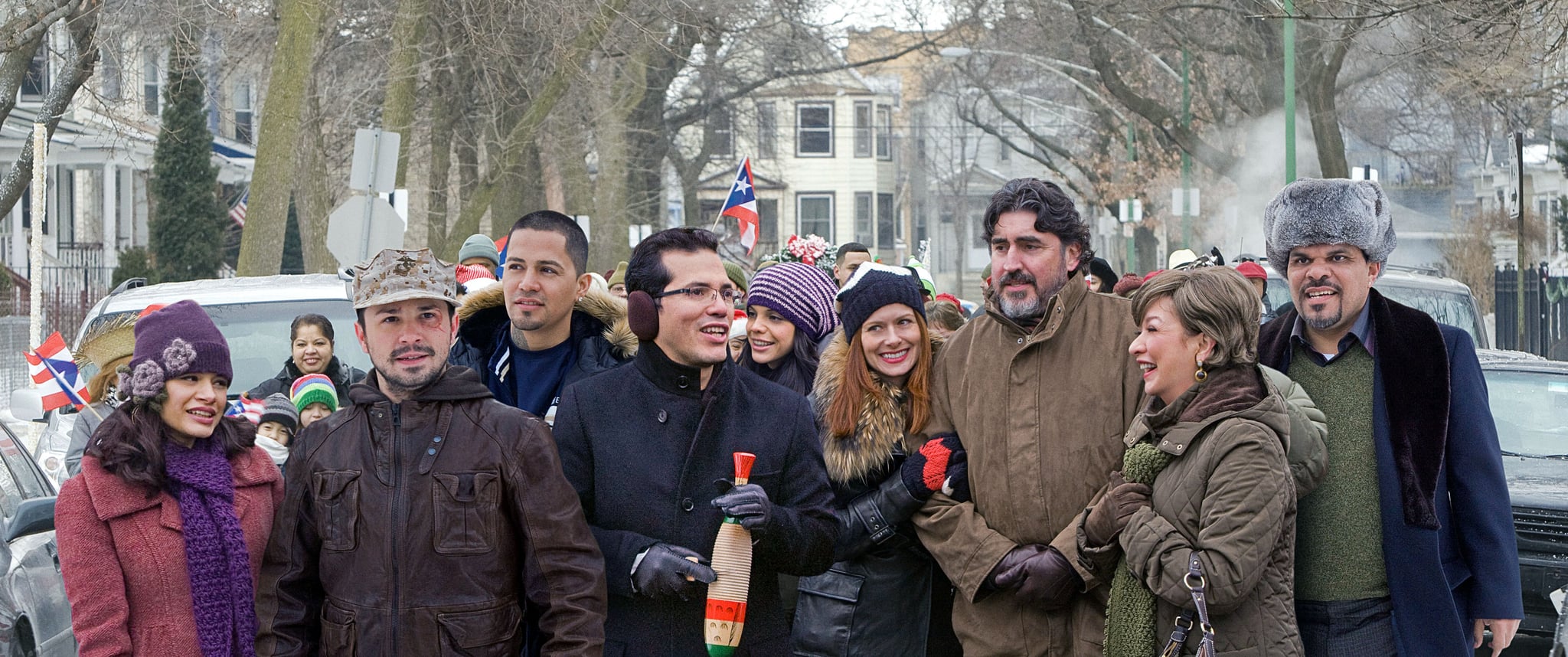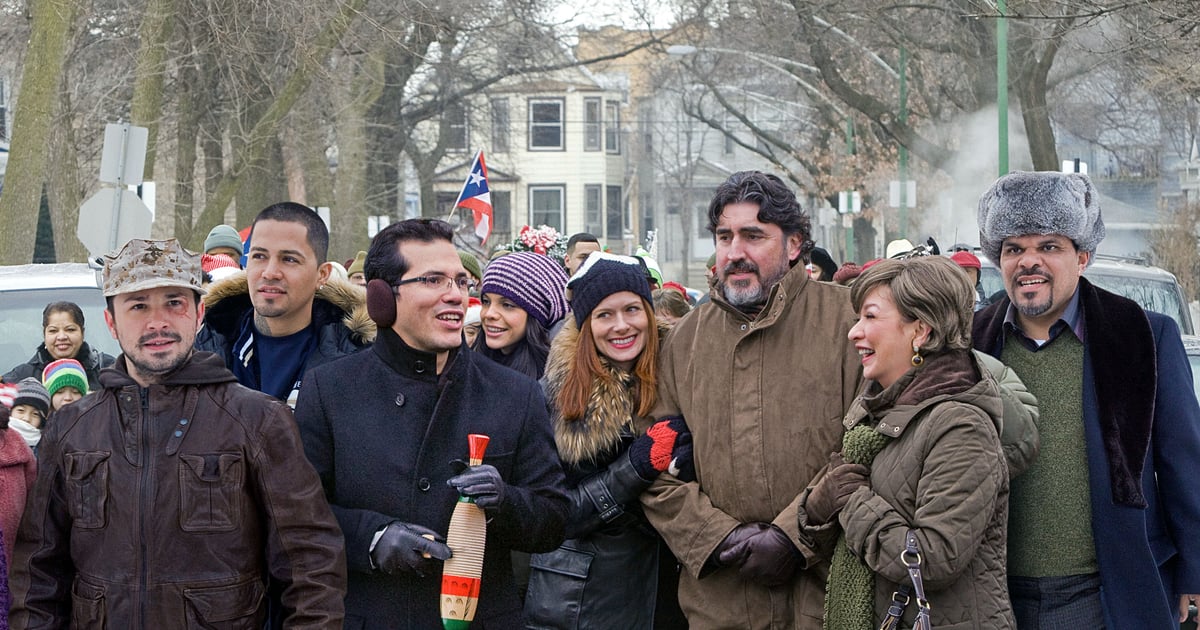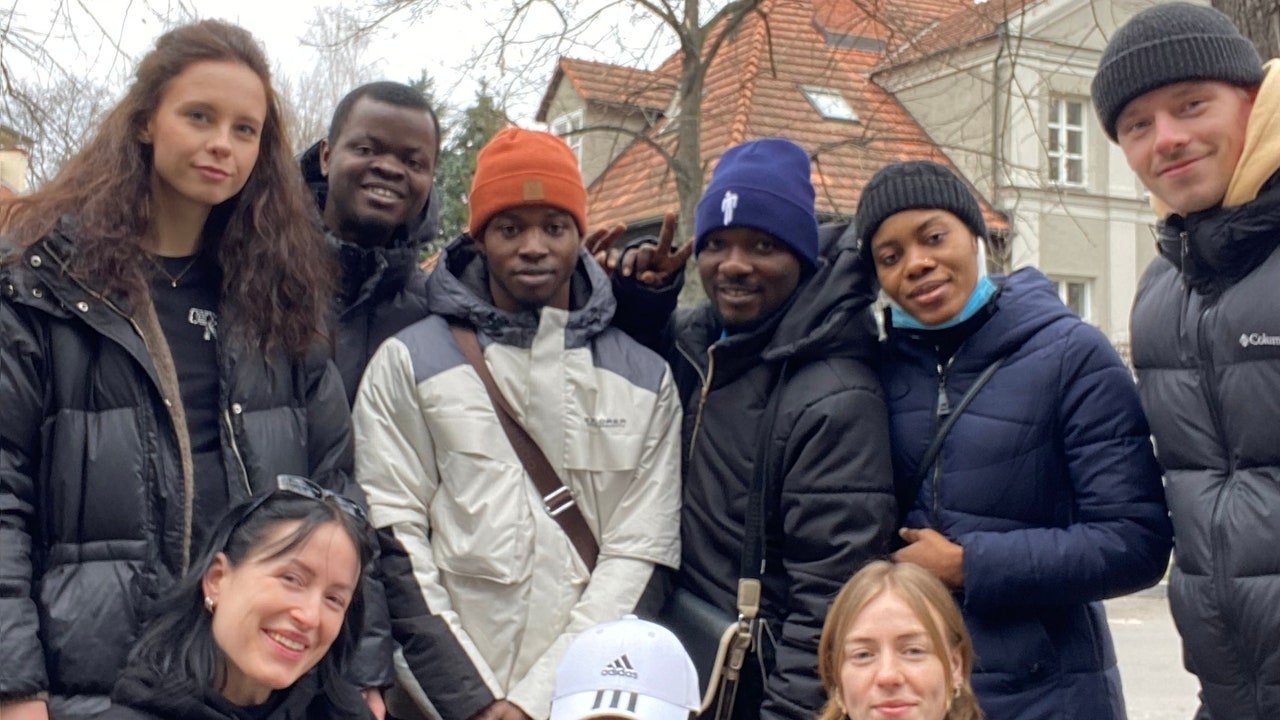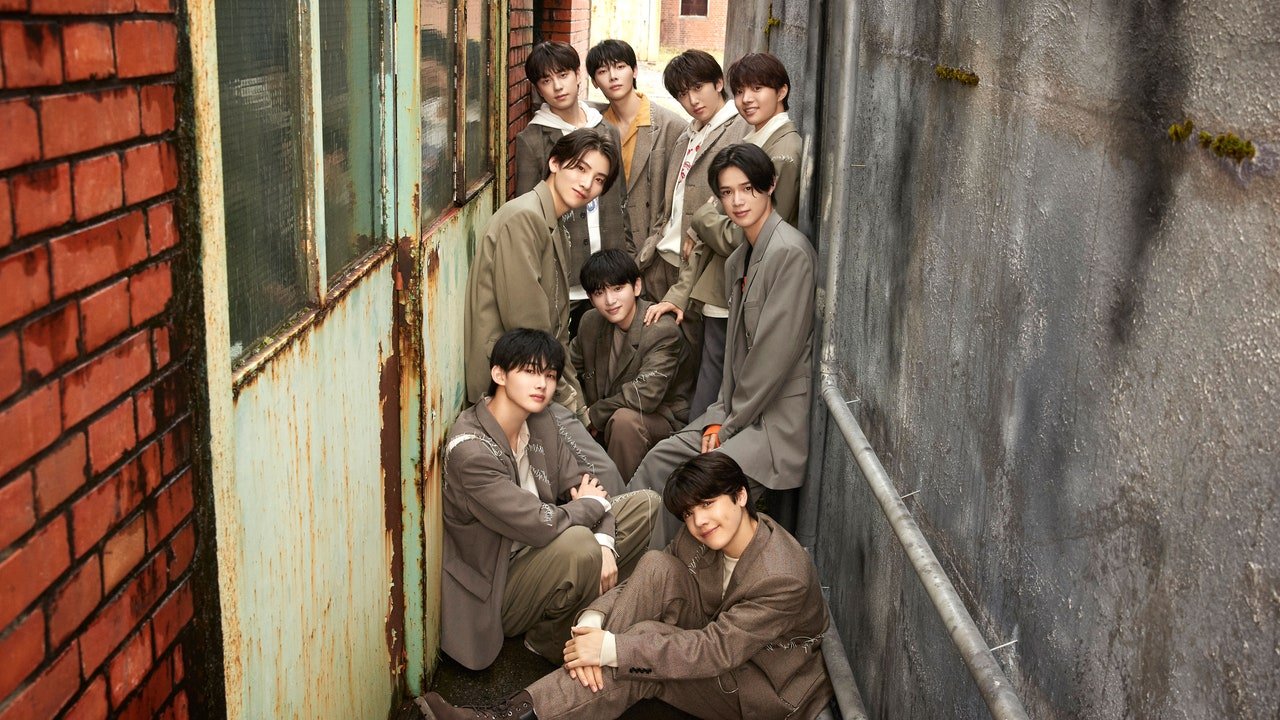
Nothing Like the Holidays has become the definitive Latinx holiday movie. The 2008 film features an outstanding cast of our stars – John Leguizamo as the ambitious son, Luis Guzmán as the obnoxious cousin, Freddy Rodriguez as the returning brother, Melonie Diaz as the one who got away, the late great Elizabeth Peña as the long-suffering mother and more . Non-Latin talent includes Debra Messing as part of an interracial marriage and Alfred Molina (who is of Hispanic and Italian descent) as the patriarch of the family.
Looking back over a decade after its release, Nothing Like the Holidays still holds up. The plot works, hits the right emotional tones and leaves the audience guessing. The performances sing with real chemistry, mischief and frustration. But what keeps the film relevant is how it portrays the Latinx family at its center and uses the Rodriguezes to get something about la cultura right.
“Every character that’s in it, I know that person. I could relate to that. I have such an uncle, such a boyfriend, a sister, a cousin,” David Rivera tells POPSUGAR. He is the founder of Puerto Rican flags above, a community-based organization that connects Boricuas in the diaspora to their roots. He’s a big fan of Nothing Like the Holidays and shares that he’s watched it more than 20 times since it was released and still connects with it.
“[‘Nothing Like the Holidays’] is a reflection of our people – Puerto Rican. And not [those] on the island, [but] those who are here,” Rivera explains. “[It] was the first time I’ve seen a film that really identifies with our lives, our everyday lives. Usually we watch a movie and the character is a Puerto Rican – he’s a drug dealer or drug addict, a thief, a criminal or a womanizer. We all have it, every race has it.” But by focusing on a thriving Puerto Rican family and celebrating all of its members, Nothing Like the Holidays paints a different picture. It depicts Boricuas at all levels of economic success with different career paths, aspirations and perspectives. It’s a much more realistic and comprehensive depiction than we’re used to, and it resonates.
“I could relate to almost every scene a little bit, and I lost myself in the film,” he says Mario “The Butcher” Montes, another Nothing Like the Holidays superfan. He sees the film more than 30 times, including in cinemas when it came out. What makes him come back? The “little gems” like the scene where the siblings escape their parents in the attic and pull out a pint of tequila or Molina’s tight whites. “This is our father,” he says. “He looked like my pop walking around the house the way he was.”
Montes, who retired from the grocery store and is now pursuing his dream of being a comedian, is Mexican, not Puerto Rican. So the dishes that the Rodriguez family prepares and assembles are not the same dishes that Montes and his family usually prepare for the holidays. But that doesn’t stop him from recounting, “I felt like I could smell it… It reminded me of one of my aunts at my mother’s side who ate at her house.” His connection to film runs deeper than that to name the right dish.
“One of my favorite bits was when they were trying to cut down the tree and the tree is going nowhere. I think it symbolizes where Latinos are in America with so many people trying to cut us out,” he shares. “But we are petrified like this tree. We’re not going anywhere. We’re embedded, we’re rooted in this country, and people have to get over that.” Aside from claiming the place of Latinx in this country, this scene, along with the film as a whole, also addresses Latinx notions of masculinity, with the Men take turns attempting to topple the tree (or not) in a show of male skill. The brothers represent two ends of the masculine ideal. Mauricio von Leguizamo is a high-earning New York attorney, while Jesse von Rodriguez is a soldier who just returned from Iraq. Her father owns the local bodega, and while he’s a pillar of the community, he wasn’t great to his wife with his history of infidelity.
What is interesting is that while the father of the family is responsible for everyone, he also causes the central conflict of the film by keeping a secret. “The accuracy of this character — a lot of our men have so much machismo, they just keep things to themselves,” says Rivera. “You don’t even know they suffer in silence, and many of our Latinos need to know, especially our men, that it’s okay to share your pain. It doesn’t make you any less of a man. It’s okay to ask for help.”
This lesson is part of the narrative that makes Nothing Like the Holidays so unique. Here the men are not victims or villains, but flawed people trying to get better. And the film extends that grace to all of its characters, using the peculiarities of its Boricua family to get us there. Notice how the film deals with the Rodriguez family’s ties to Catholicism. They’re a mix of believers and non-believers, churchgoers and non-churchgoers — defying the stereotype that all Latinxs are devout Catholics. When Mauricio tries to convince his mother not to divorce his father, he invites her priest to dinner. His idea is that he can use her devotion to change her mind. But she is not easily manipulated and remains steadfast, yelling at her family before some of them tell the priest to shut up. This is the complex, multifaceted, and ever-evolving relationship of so many Latinx people to the church, and it’s a nuance rarely portrayed on film.
“Nothing Like the Holidays” also manages to thoughtfully present multiracial and interfaith couples, another shared Latinx reality that’s seldom done well in film. Both Rivera and Montes mentioned the development of Messing’s Sarah and Peñas Anna’s relationship as particularly poignant for them. Sarah, the white Jewish misfit who seems to be failing in her duty to father grandchildren, wins her boricua suegra. She does this partly through female solidarity, but also by harnessing the emotional intelligence her husband cannot use with his parents.
With all these elements, “Nothing Like the Holidays” captures the truths of Latinx culture in a way we’re not used to on screen – with loving knowledge and universal themes. This is very important to Rivera, who wants more of this type of representation. “It’s so important to our existence that our kids understand that they’re not a minor character,” he says. Montes adds, “It really kept me from being a little bit burned out from work or whatever … [leaving the theater,] I just felt so good. I felt like a better person.” It’s a holiday tradition worth celebrating.




